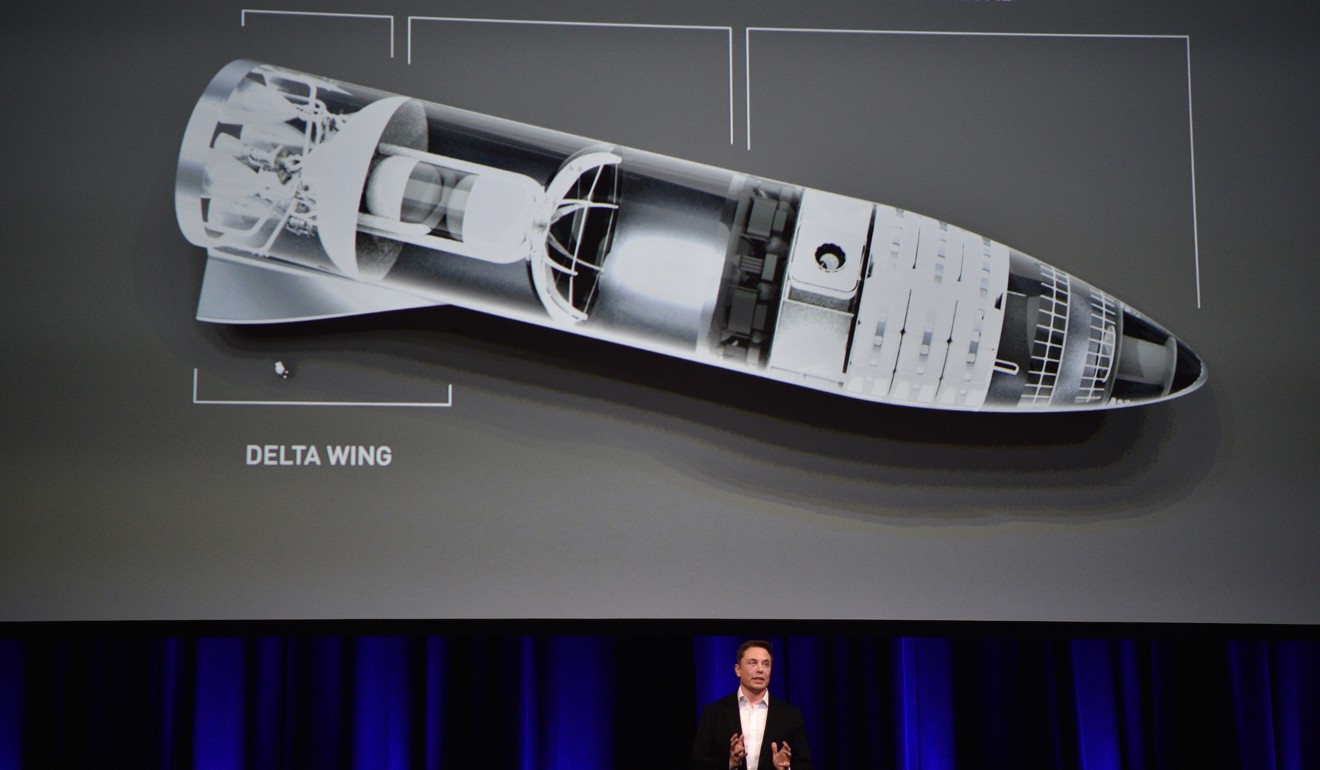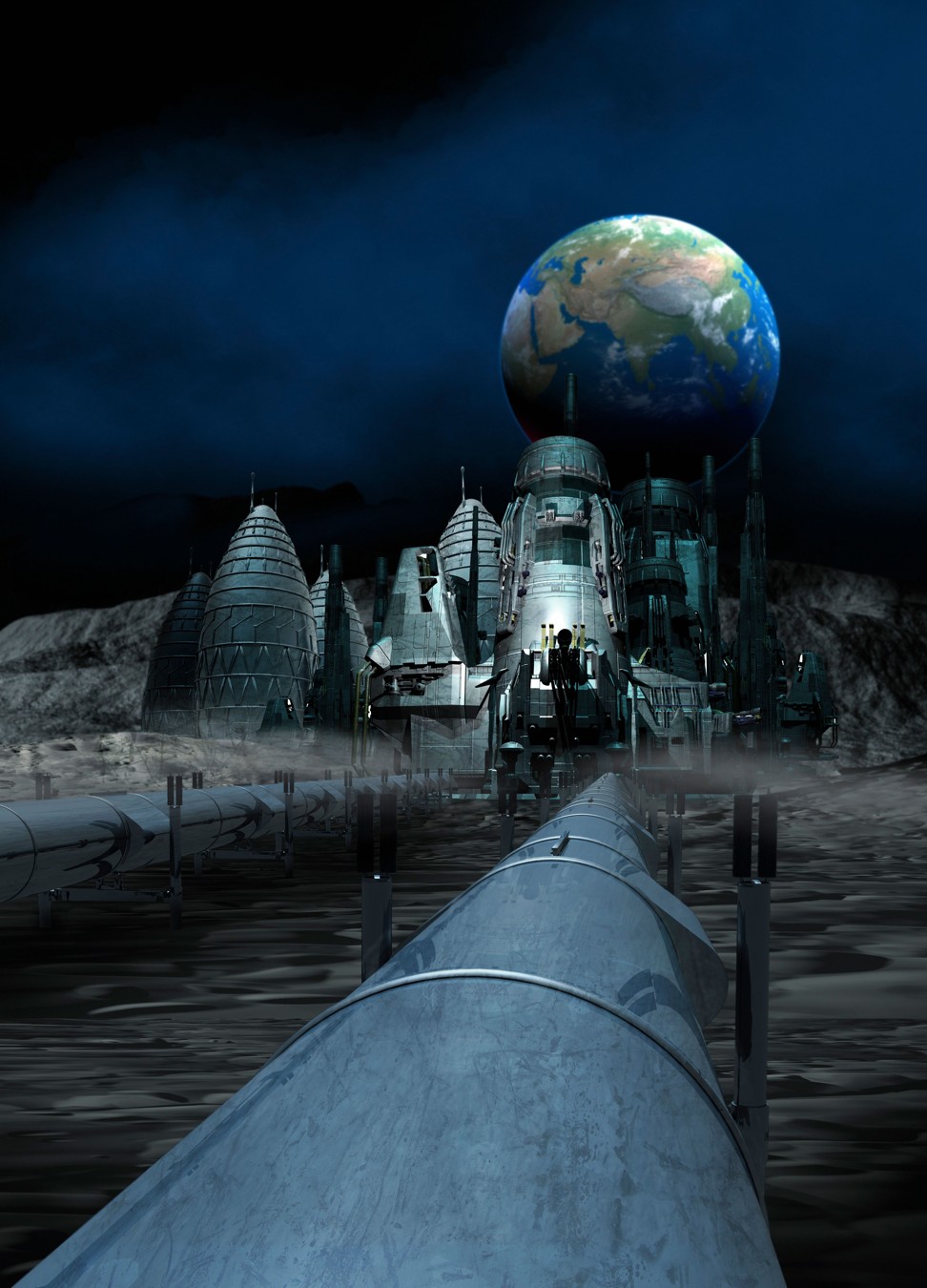Physicist Brian Cox about space colonies and the future of the human race

The professor believes that in the next 10 to 20 years we will become a space civilization and thereby guarantee our future if we don’t do anything stupid, for example, we don’t start a “war in the Pacific”
Professor Brian Cox has high hopes for the future of mankind. According to the British scientist, the solution to many of our earthly problems lies in space, where there are untapped resources that can meet the ever-increasing needs of the human race. This, of course, as long as we can keep our tendency towards stupidity.
“If we can avoid any nonsense in the next 10 to 20 years, for example, do not violate world order, start a war in the Pacific or something, then we guarantee our future forever,” says a popular physicist. and TV host.
No need to rush outside the solar system when we have everything we need right here, ”says Cox, explaining that our closest planets and asteroid belts have“ almost infinite ”useful resources, including valuable heavy metals such as nickel, cobalt and gold.
And Cox, at 49, expects the human race to colonize other planets throughout his life.
“We are now at a stage when the next 10 to 20 years will be a time when we will become a space civilization,” he says. “From now on, our future as a civilization is guaranteed. The moment when we get to the Moon and Mars and begin to use the resources of the Solar System is the moment when we will become virtually immortal as a civilization. Because we will not be limited to one planet that we can destroy. And now we are doing this. ”
We found a scientist and a TV star at the Mandarin Oriental Hotel in Hong Kong, when he stayed in the city for a few days after touring Australia with his Brian Cox Live show.

Although he began his career as a musician in the Dare rock band and D: Ream dance music stars in the 80s and 90s, Cox's passion for science outlived his participation in both groups. After finishing his doctoral thesis in particle physics, he worked at CERN, the Swiss laboratory most famous for its accelerator and the discovery of the Higgs boson.
His documentary films “Wonders of the Universe”, “Wonders of the Solar System” and regular television performances made the smiling scientist a famous person in the UK, where he became famous for his ability to simply explain complex concepts and made physics attractive (One of his books is called “Why E = mc2? ")
Cox was last in Hong Kong in 2013, he spoke to bankers at the Credit Suisse Asian Investment Conference, and his first visit was in 1987 as a keyboard player for the Dare group, they were offered several weeks of living in one of the city's music centers. This time, Cox was sent by the Royal Geographical Society to speak at the Space Odyssey annual dinner, where he touched on some important research topics, such as cosmology, gravitational waves, and unanswered questions about the origin of the universe.
Today, Cox's mind is occupied by space travel and the formation of humanity as an interplanetary species - concepts that until recently would have been ridiculed as science fiction and at least very expensive. This shift in thinking is the subject of a recent BBC documentary The Space Race of the 21st Century, first shown in September.

In the watch program, Cox discusses billionaire businessmen who have moved their attention from Silicon Valley to the sky for the purpose of commercial space flights and the possible colonization of other planets in the solar system.
Now Asia is extremely positive: you see progress and optimism everywhere
He looks at SpaceX approaches and innovations Ilona Mask, Blue Origin Amazon founder Jeff Bezos and Virgin Galactic Richard Branson, and visits aerospace factories to find out how reusable rockets will make flights into space — both industrial and recreational — relatively cheap.
“Many people of my age who grew up in the 70s and 80s were disappointed that we did not have lunar bases. Now they are the richest people in the world, so they are going to go and build lunar bases, ”says Cox. “The reason this is happening now comes down to advances in materials science, the aerospace industry and software that allowed us to make reusable rockets. As soon as you receive them, space will become cheap. ”
While companies in the United States are making great strides in aerospace technology, the country's leader seems firmly opposed to the recognition of scientific facts, especially when it comes to combating climate change.
“I think we need a collective shock,” Cox writes in his latest book, Forces of Nature, about what needs to be done to unite humanity and distract people from conflict. “We may have to get together to fix the climate that we have spoiled or to reject a dangerous asteroid.”
Now, according to him, US President Donald Trump is a “short flash”, but harmful, which will have a great influence on public opinion and politics. But the physicist compares Trump with King Kanoute, who is trying to keep up the waves if he thinks he can stop the growth of renewable energy, which is now cheaper and more affordable than before.
“The train left for people who want to support the fossil fuel industry,” Cox says of America’s withdrawal from the Paris Climate Agreement and Trump’s promise to increase the number of workers in the country's coal industry.

“Technological progress has led us to the fact that this is no longer a political decision; This is an economic solution. And before that, I thought that this could happen because there will be disasters, and insurance will grow, and we will have to go this way, ”he says, excited. “But in fact, in the past few years, it just became cheaper. You no longer need to believe in global temperature patterns — you must, but you no longer need ... it just becomes meaningless. Now no one will build new coal-fired power plants. ”
“It seems obvious until you look at America, but I’m even optimistic about this because they seem to have done a good deal with Trump,” he continues, adding with a slight grin: “They can be the last words.”
Although Cox’s stay in Hong Kong was limited to three days, he managed to see how popular Tesla electric cars were in the city, and was impressed with the decision of the Chinese government to stop more than 100 coal power projects to reduce fossil fuel use.
“Now Asia is extremely positive: you see progress and optimism everywhere,” he says. “Sometimes we forget in Britain, in America [thinks] that besides us there is still civilization. Many people exclaim, “Oh no! Civilization has come to an end; look at our crumbling political systems. ” But if you look at the world, at economic growth ... in the end, innovations start coming from other places. I think it should be so. When one system disintegrates, the other grows. ”
China invests heavily in science and technology, but the country plays catch-up in terms of the reputation of its universities, Cox notes.
I think we need a collective shock, ”Cox writes in his latest book, Forces of Nature, about what needs to be done to unite humanity and distract people from conflict. "We may have to get together to fix the climate that we spoiled, or reject a dangerous asteroid
“China and Asia as a whole still have a long way to go ... the world's leading universities are currently not here; They are mainly in the UK and the USA. But China knows this, and the universities in this region soar up in the rankings, and they achieve it, not just by funding universities. They must invest in a scientific base. To have a leading university in the world, you must both study well and do research. This is perfectly understood here.
Upon his return to the UK, Cox will again be engaged in teaching freshmen the theory of relativity at the University of Manchester, where he is a professor of particle physics.
The region seems to lack the Asian equivalent of Cox; unifying, inspiring popular figure, which would inspire the study of science, extracting clear, fascinating facts from it. “Or I can just come here,” says the professor with a smile, always ready for a new challenge. "I'm ready!"


All Articles